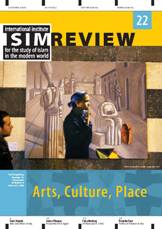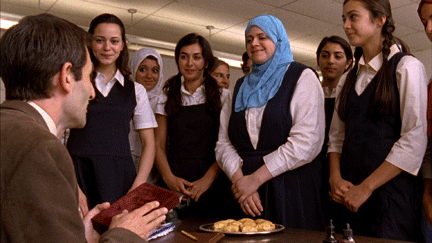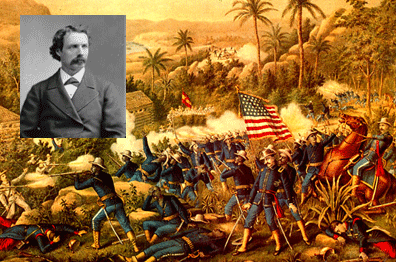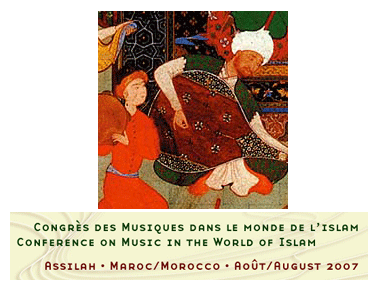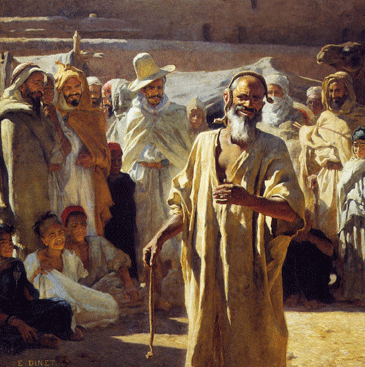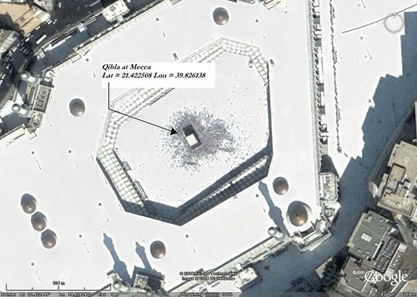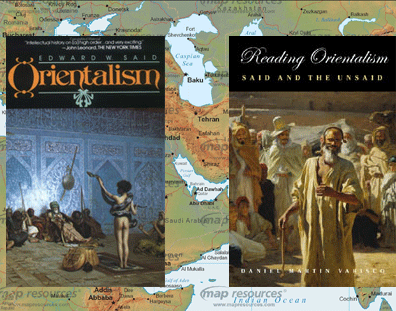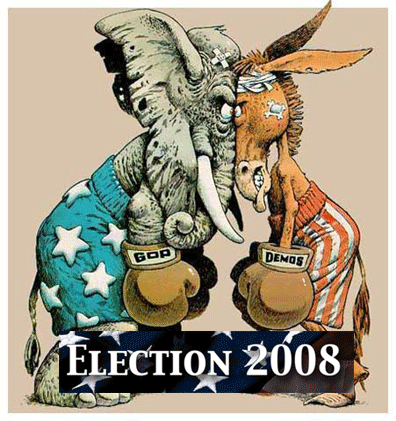
[The following statement has been issued by a number of scholars of Islam and Muslim societies to set the record straight on the unfortunate Islamophobia in the current U.S. election. For the statement webpage and a list of the scholar supporting the statement, as well as further resources on the false claim that Senator Obama is a stealth Muslim and distribution of the Islamophobic film “Obsession”, click here.]
Statement of Concerned Scholars about Islamophobia in the 2008 U. S. Election Campaign
Not since the election of John F. Kennedy in 1960 has the religious faith of a U.S. presidential candidate generated so much distortion as the false claims generated by extremist critics that Senator Barack Obama, the candidate of the Democratic Party, is a stealth Muslim. This is part of an Islamophobic hate campaign that fuels prejudice against Americans who practice their Islamic faith and Muslims worldwide. As scholars of Islam and Muslim societies and concerned citizens for a fair and honest electoral process, we wish to set the record straight.
1. Senator Obama has spoken eloquently and widely of his Christian faith and shared his personal beliefs in public forums during the campaign on religious values in American life, including a Compassion Forum on April 13 and a Saddleback Forum on August 16.
2. Senator Obama carries the same exact name as his father, Barack Hussein Obama, who was considered to be an agnostic and not a practicing Muslim by the time he met Senator Obama’s mother. Senator Obama’s mother did not convert to Islam, nor was he raised as a practicing Muslim while growing up in Indonesia and Hawaii.
3. The claim that Obama would be considered an “apostate” by Muslims is false. The vast majority of Muslims accept the Qur’anic message there there is no compulsion in Islam (Qur’an, 2:256). Since Senator Obama was not raised as a Muslim, he cannot be held accountable for the religious status of his father.
4. The politically motivated attack on Senator Obama as a radical Muslim is part of an Islamophobic prejudice in this campaign against American Muslims as anti-American and unfit to hold public office. During the primary season several candidates fueled resentment of all Muslims in politicizing the terrorist attack of 9/11. Recently the anti-Muslim propaganda film Obsession has been sent as an unsolicited DVD to voters in several states. It does not matter if a political candidate is Muslim or Jewish or Catholic or Mormon or Baptist. The President of the United States serves all its citizens, regardless of their religious beliefs. As a state senator and United States senator, as well as in his two books, Senator Obama expresses his belief in the separation of church and state, while accepting the need for greater dialogue between members of all faiths.
5. Regardless of your final choice for the voting booth on November 4, the decision should be based on the crucial issues facing the nation and the individual character of each candidate rather than spurious hate speech that demonizes the faith of some eight million citizens of the United States and more than a billion adherents worldwide.
